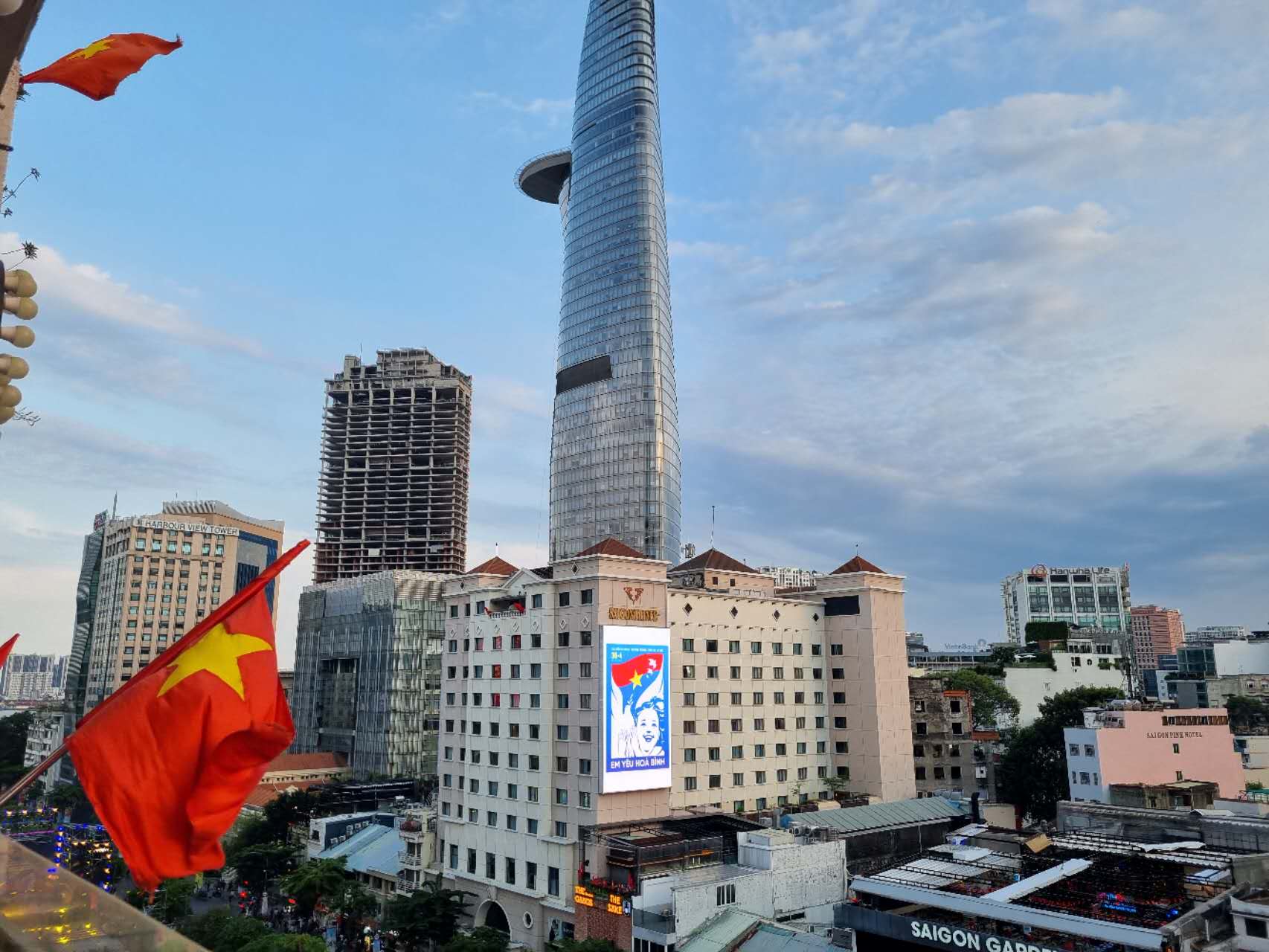Industries & Services
Pre-shipment Inspection

As a business owner, ensuring your products meet quality standards before shipment is essential—especially when expanding into global markets with varying regulations. Pre-shipment inspection (PSI) is a key quality control process that helps you achieve this goal.
PSI involves a third-party inspector assessing your products before they leave the factory. The inspection typically includes checks on appearance, functionality, and packaging to ensure everything aligns with your specifications and expectations. This step can help you avoid costly quality issues that damage your reputation and bottom line.
How Pre-Shipment Inspection Benefits Your Business
Pre-shipment inspection offers several important advantages:
-
Ensures product quality
PSI helps detect any quality issues before products are delivered to customers, ensuring they are safe, reliable, and consistent. -
Mitigates risks
It reduces the risk of product defects, recalls, returns, or warranty claims—protecting your brand and saving on avoidable costs. -
Ensures regulatory compliance
PSI ensures that your products meet regulatory and safety standards in various countries or regions, helping you avoid legal penalties. -
Improves customer satisfaction
Delivering products that meet customer expectations builds trust, increases loyalty, and encourages repeat business and positive reviews.
What Are the Steps of Pre-Shipment Inspection?
Preparation: Identify the product(s) to be inspected, select a reputable inspection service provider, and arrange the logistics and timing of the inspection.
Inspection: The inspector performs visual checks, functional tests, and packaging verification using a standardized checklist. Products are compared to approved samples, and any deviations or defects are documented.
Reporting: Following the inspection, the service provider issues a detailed report outlining findings, photos, and recommendations. This enables you to decide on corrective actions before shipping.
How to Choose a Pre-Shipment Inspection Service Provider?
When selecting a PSI provider, consider the following criteria:
-
Experience and Expertise
Choose a provider with proven experience in your product category and a deep understanding of relevant quality standards. -
Reputation
Work with a provider known for professionalism, consistency, and high-quality service. -
Certifications
Ensure the provider holds appropriate accreditations, such as ISO 17020, to guarantee they meet global quality management standards. -
Cost
The service should be competitively priced while maintaining service quality and reliability.
What is the Standard of Pre-Shipment Inspection?
-
Impartiality and independence
-
Qualified personnel
-
Standardized inspection processes
-
Reliable and consistent inspection results
While ISO/IEC 17020 doesn’t focus solely on pre-shipment inspections, it provides the foundation for trustworthy and professional inspection practices.
In addition to ISO/IEC 17020, industry-specific standards may also apply depending on the product type or region. These can be developed by regulatory agencies, industry groups, or international organizations, so it’s important to consider both general and product-specific standards when arranging a PSI.
Who Pays for the Pre-Shipment Inspection?
Typically, the buyer or importer covers the cost of the pre-shipment inspection. However, in some cases, the cost may be shared between the buyer and supplier based on the contract terms. PSI costs vary depending on the product type, inspection method, and service provider..
Conclusion
Pre-shipment inspection is a critical part of the supply chain that helps ensure your products meet quality, safety, and compliance standards before reaching your customers. It minimizes risks, supports regulatory compliance, and boosts customer satisfaction.
By following a structured PSI process and partnering with a trusted inspection provider like VIS, you can protect your brand, meet market requirements, and confidently grow your business.










